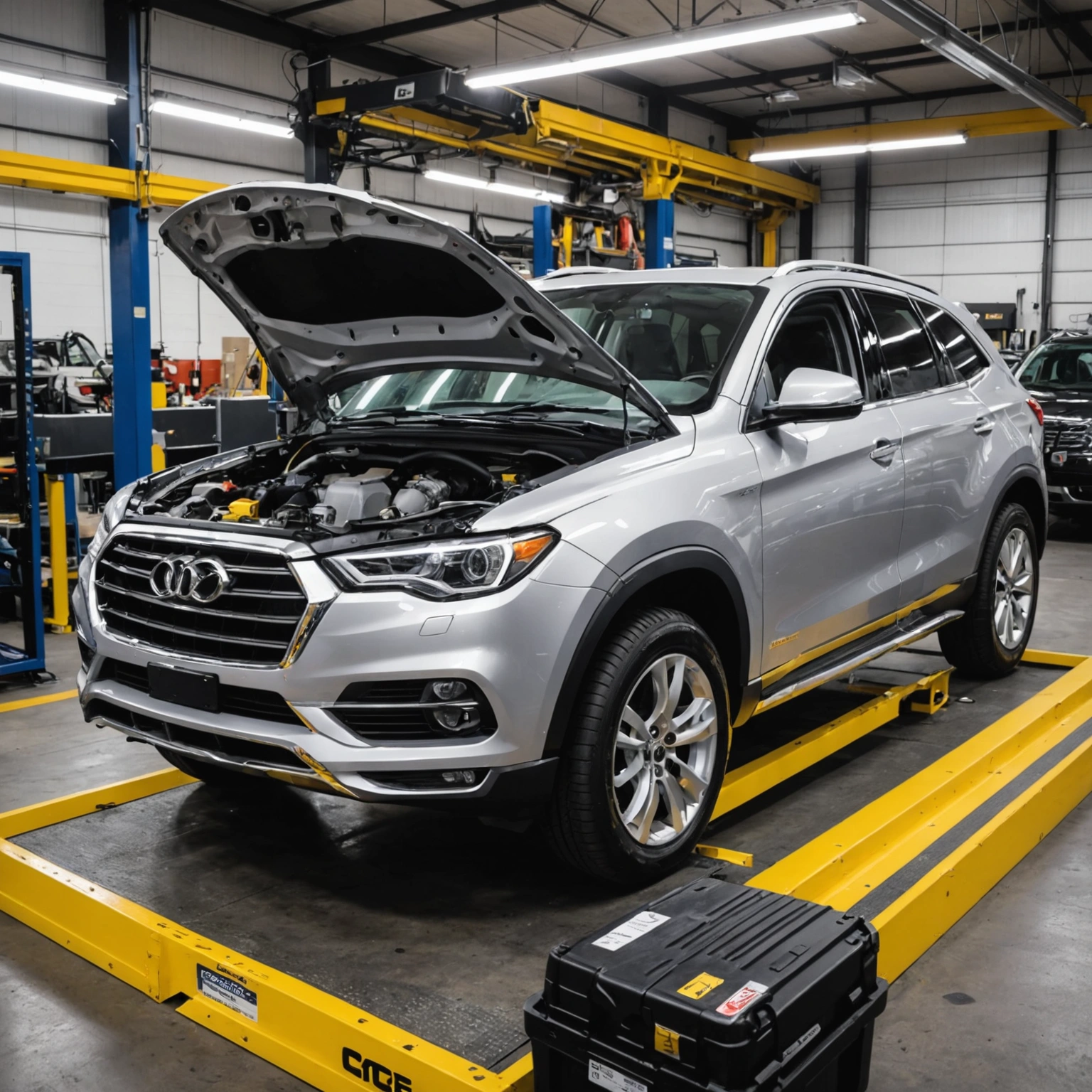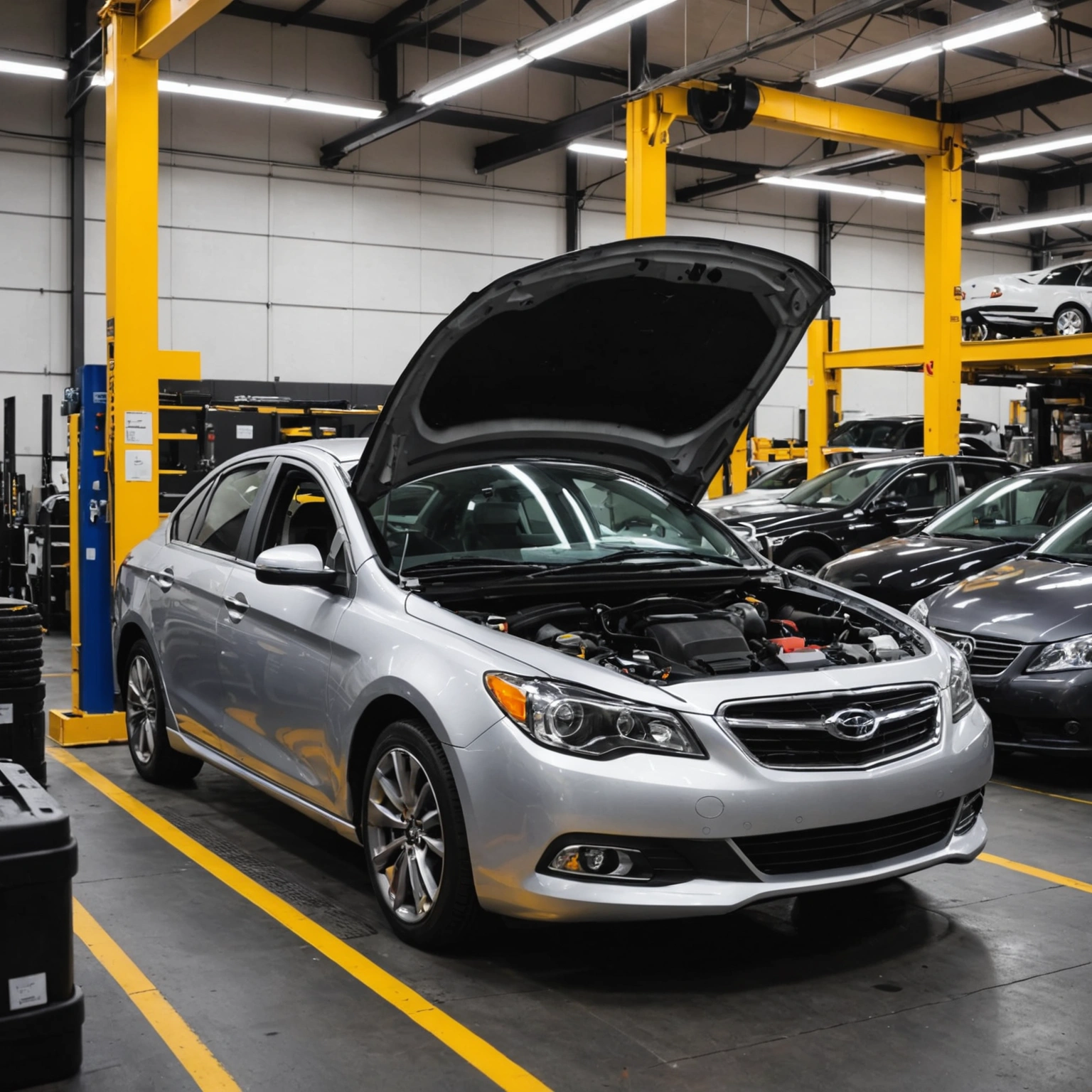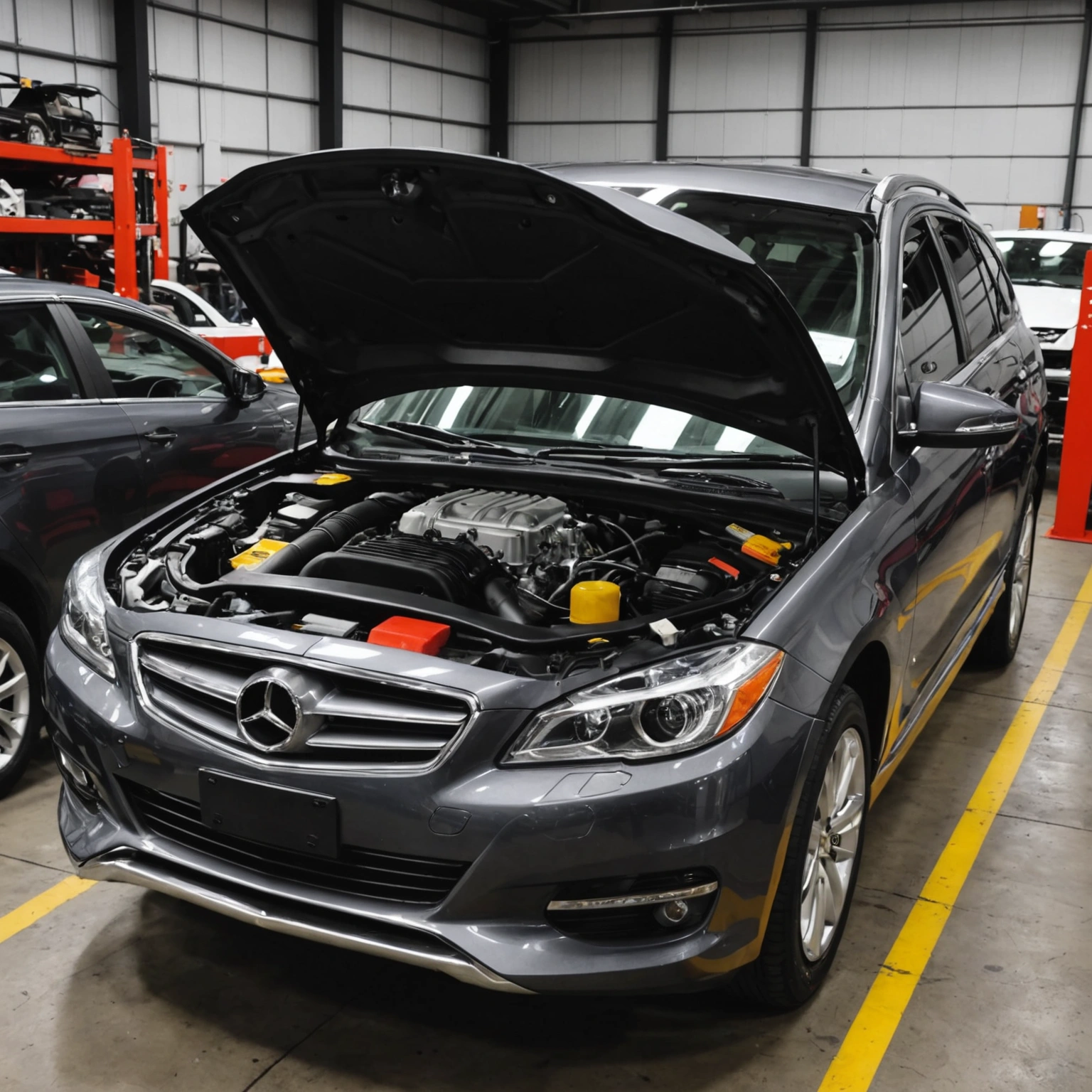**What Are OEM Car Parts? An Essential Guide for Car Owners**
When it comes to maintaining or repairing your vehicle, one term you’ll frequently encounter is **OEM car parts**. But what exactly are OEM parts, and why are they important? In this guide, we’ll explore what OEM means, how it differs from aftermarket parts, and why choosing OEM can benefit your vehicle’s longevity and performance.

### What Does OEM Mean?
**OEM** stands for **Original Equipment Manufacturer**. OEM parts are components made by the same manufacturer that produced the original parts installed in your vehicle when it was new. These parts are designed specifically to match your vehicle’s specifications, ensuring a perfect fit and optimal performance.

### How Do OEM Parts Differ from Aftermarket Parts?
– **OEM Parts:**

– Made by the vehicle’s original manufacturer or a designated supplier.
– Designed to meet the exact specifications and quality standards of your vehicle.

– Typically more expensive than aftermarket parts.
– Usually come with a warranty from the manufacturer.
– **Aftermarket Parts:**
– Manufactured by third-party companies unrelated to the original vehicle manufacturer.
– Can vary widely in quality, price, and compatibility.
– Offer a broader range of options, sometimes with performance or aesthetic enhancements.
– May not always fit perfectly or last as long as OEM parts.
### Benefits of Using OEM Car Parts
1. **Guaranteed Fit and Compatibility:** Since OEM parts are designed specifically for your vehicle, they fit perfectly, reducing installation issues and ensuring proper function.
2. **Maintained Vehicle Integrity:** OEM parts preserve the original quality and safety standards of your vehicle, which can be crucial for safety-critical components like brakes and airbags.
3. **Warranty and Reliability:** OEM parts often come with manufacturer warranties, providing peace of mind and assurance of quality.
4. **Resale Value:** Using OEM parts can help maintain your vehicle’s value, as it reflects proper maintenance with genuine components.
### When Should You Use OEM Parts?
– **Major Repairs:** For critical components like engine parts, transmission, or safety systems.
– **Warranty Repairs:** To keep your vehicle covered under warranty terms.
– **Restoration Projects:** When aiming for original specifications and authenticity.
### Are OEM Parts Always the Best Choice?
While OEM parts offer many advantages, they are not always necessary for every repair or replacement. Aftermarket parts can be suitable for non-critical components, budget-friendly repairs, or performance upgrades. It’s important to weigh the importance of quality, safety, and longevity.
### Final Thoughts
Understanding what OEM car parts are and their significance can help you make informed decisions about your vehicle’s maintenance and repairs. When safety, reliability, and preserving your vehicle’s value are priorities, opting for OEM parts is often the best choice. Always consult with trusted mechanics and consider your specific needs to determine the most appropriate parts for your vehicle.
—
**Stay informed and keep your vehicle running smoothly with genuine OEM parts!**

